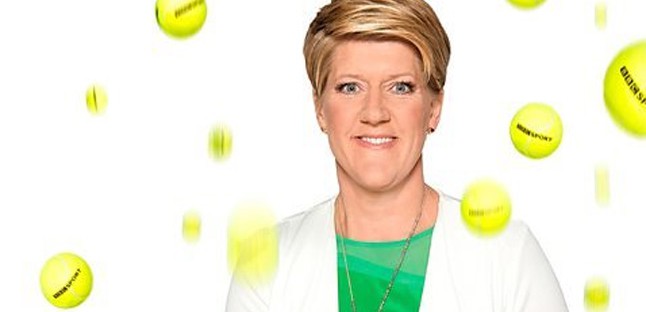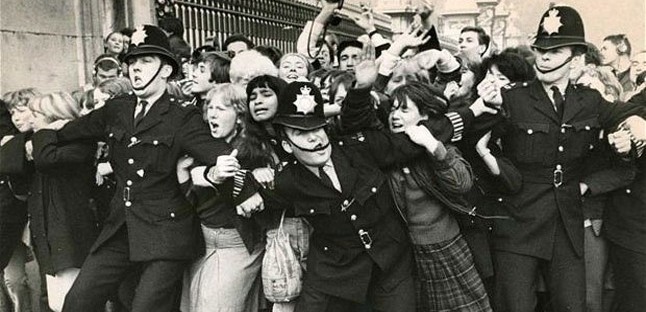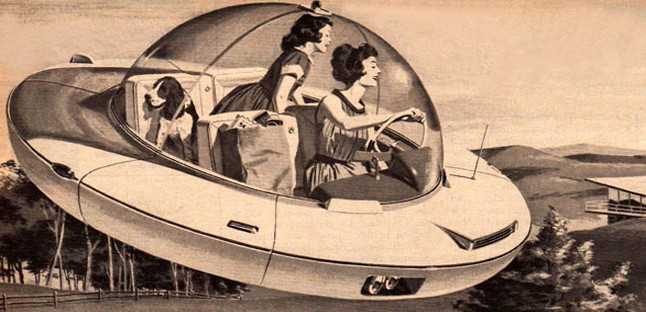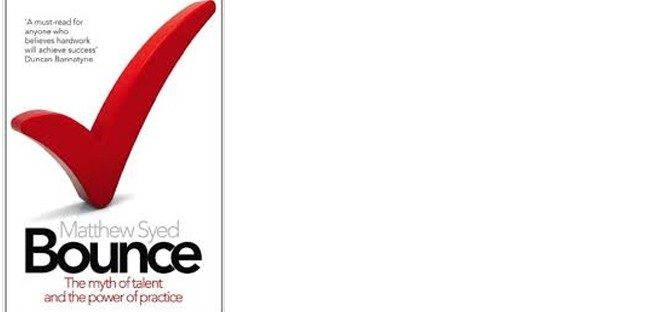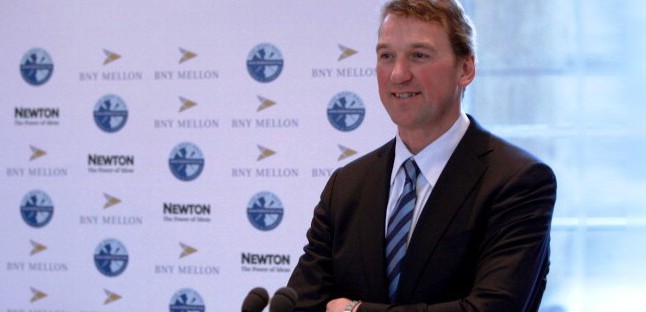Back to all posts
Latest posts
What’s going on at parkrun?
Virtue-signalling all the way to the bank
Bud Light: brand purpose or virtue-signalling?
The Coddling of the American Mind, by Greg Lukianoff and Jonathan Haidt
Belonging, by Owen Eastwood
Such a simple thing
The Long Win, and The Scout Mindset
The Cult of We by Eliot Brown and Maureen Farrell
Coffee and covid modelling
John Lewis: so right-on it’s wrong
By theme
Marketing strategy
Insight & metrics
Innovation & inspiration
Brand & positioning
Marketing communications
Business purpose
Leadership
By industry sector
Financial services
Retail
FMCG
Technology & start-ups
Consumer services
Business to business
Other sectors
By type
Books
Comment
Quotes
Thought leadership
You have to feel for Clare Balding, the nation’s darling after 2012. Her success has catapulted her into being the sole presenter of a total fiasco of a programme which has been universally derided. After defending the show, saying “new formats can take some time to bed in with audiences”, the BBC has backtracked on most of the changes and turned it back into a programme about the day’s tennis at Wimbledon. Phew.
What went wrong, Read More
I knew I was cutting it fine to catch the 19.20 from Waterloo the other night. But I’ve done it often, and know which platform to head for. The train was still showing on the board. So I was more surprised than anything else when the doors closed in front of me, and I watched from platform 3 as the train pulled out. “But it’s leaving early!” I protested to the unruffled train controller who was right beside me as he waved the train off. Read More
Most brand managers want their brand to evoke strong feelings. We naturally want our customers to like the brand, to feel attached to it. Books have been written and careers have been built on the idea of brand love. But let’s be honest: as a human being, rather than a marketer, how many brands do you really care about? Love?
When Coca Cola changed its formulation in the 1980s, Americans rose up in horror, Read More
What do Chelsea tractors and email overload tell us about forecasting?
Picture yourself in a trends workshop, innovation brainstorm or scenario planning day, one day in the not-too-distant past. Your task is to help an automotive company see what sort of vehicles people in Europe will want in the future. Here’s what you’re being told. Fuel prices are rising. There’s a lot of talk about “peak oil” (whatever happened to that?). There are more and more cars on the roads, Read More
That American business import, “the C suite”, gets some bad press. In the FT recently, Lucy Kellaway wrote a whole column about how she abhors it, prompted by the appointment of Charlotte Hogg as chief operating officer at the Bank of England. I confess I was a chief innovation officer for a while, though, in my defence, I never really called myself that. I don’t mind CMOs and CEOs, nor even COOs. But I do take grave exception to the latest addition to the C suite, Read More
Have you, as a customer, ever had it patiently explained to you by a sales or service person that “it doesn?t work like that”? Don’t you just hate that! To paraphrase Steve Jobs, it’s not the customer’s job to know how it works. On the contrary, it’s the marketer’s job to know how the customer thinks and acts and wants it to be. All the same, it is possible to create customer behaviour that is efficient and smart for your business. Read More
It’s hardly the end of capitalism, but the horsemeat scandal is showing large food retailers and manufacturers how it feels to be a banker. Meanwhile consumers – or people, as we might style ourselves – don’t know who we can trust. Marketing is seen as manipulative, and delivering profits is represented in the media as exploitation of customers. Sam Laidlaw of Centrica announced decent but hardly sensational results last week – and had to explain to John Humphreys on the Today programme why they hadn’t forgone profits for the sake of “the squeezed middle”. Read More
Jeanette Winterson wrote in her autobiography that her mother despaired of her, saying, “Why be happy when you could be normal?” Mrs Winterson saw conformity as a virtue. In her worldview, Jeanette’s job was to fit in rather than be fulfilled by being herself. Jeanette couldn’t help it though – she wasn’t trying to be different, she was different from the sort of girl her mother expected her to be. Accepting the status quo wasn’t an option for her. Read More
Syed wanted to know why his neighbourhood in Reading produced so many top table tennis players. The clue is in the book’s subtitle, “the myth of talent and the power of practice”, and you probably feel you know what’s in it – yeah, yeah, the 10,000 hours it takes to be a virtuoso musician or a world class tennis player. But that’s just one chapter. If you’re a parent you have to know why praising effort is so much more important than praising achievement (and read about the Polgar sisters, Read More
There’s a whole industry built on having sporting achievers speak to business people, and the received wisdom is that we can learn from them. We can – but not what you might think. It’s not so much about the value of commitment, belief, teamwork – all that inspiring stuff – as it is about seeing a fulfilled person, and wanting to share that feeling. Here’s my blog post from Brand Republic.
Sir Matthew Pinsent is a very big man, Read More
Back to all posts
Latest posts
What’s going on at parkrun?
Virtue-signalling all the way to the bank
Bud Light: brand purpose or virtue-signalling?
The Coddling of the American Mind, by Greg Lukianoff and Jonathan Haidt
Belonging, by Owen Eastwood
Such a simple thing
The Long Win, and The Scout Mindset
The Cult of We by Eliot Brown and Maureen Farrell
Coffee and covid modelling
John Lewis: so right-on it’s wrong
By theme
Marketing strategy
Insight & metrics
Innovation & inspiration
Brand & positioning
Marketing communications
Business purpose
Leadership
By industry sector
Financial services
Retail
FMCG
Technology & start-ups
Consumer services
Business to business
Other sectors
By type
Books
Comment
Quotes
Thought leadership
